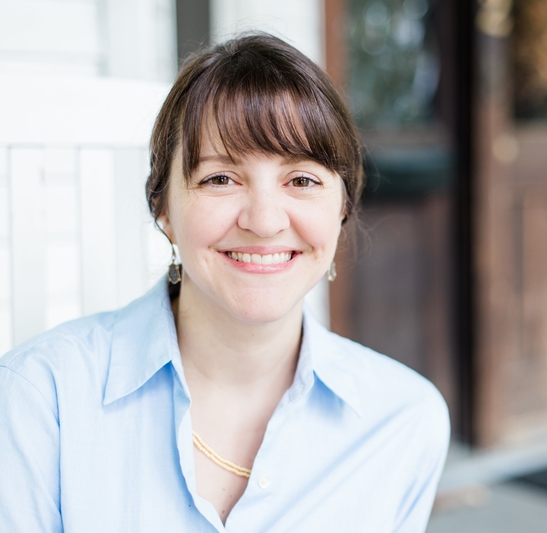
Rachel Moorman, ADOTS Communications Associate
I take a seat at the lay leaders’ gathering, at a table with three ladies excitedly chatting away. By their familiar tones, it seems clear to me they’ve known each other for years. An arch-introvert, I pluck up a little courage to ask a probably silly question, if only to join the conversation: “Do you all know each other?”
“We do now!” they all respond.
This disarmed me, put a smile on my face, and set the tone for an obvious theme I witnessed at Synod that I admittedly wasn’t expecting.
The church my family attends in Knoxville is by all accounts one with a great percentage of “young people.” (Let’s put aside for the moment that younger generations don’t particularly like this phrase.) So while our church’s emphasis is very relationship-oriented, perhaps in keeping with our “youth,” what I was honestly expecting to hear from churches with older populations – regarding how to motivate volunteers within the Church – was some manner of program-based approach… a notion I’ll admit comes from baggage and history with past churches.
I was bracing for it, ready to loathe it. Preparing to reassure myself that programs themselves are not the work of the Church.
But what I heard instead – not just from speakers and panelists, but also as laypeople around the room spoke up with comments and questions – was truly just the opposite. Overwhelmingly, I heard over and over that there is no shortcut to forming and maintaining the friendships and connections that are vital to the work of the Church – that relationships in themselves are the work of the Church.
Another clue for me should have been at the beginning of our time together, when the group of about 65 were introducing themselves and their home churches.
At the mention of one church: “I’ve been there and I love that congregation,” proclaimed a woman from across the room.
“Come back!” they invited.
Count me as sweetly surprised… at the informal interactions, the love shared so freely and spontaneously, the message of relationships as key to inviting each other into the work of the body of Christ. But I should probably know by now not to be surprised at how God works to share a common idea through us all, for the season in which we need it.
As I had prepared my own Synod workshop materials in the last couple of months – for a session on how to tell the stories of your church – I felt strongly that Christians truly listening to each other was going to be incredibly important. That inviting each other to share our histories, our feelings, the richness of the stories that make up our lives, the way God is moving in our hearts, has always been and still is the life of the Church. That engaging in each other’s stories is how we’ve been created to thrive. I suppose a little part of me wondered if others would understand or agree.
How amazing, then, to hear these same sentiments echoed from the rest of the Church: do the hard but rewarding work of investing in real friendships with those around you, and by knowing people, invite them to participate in the work of the Church in a way they would love and be passionate about. I heard this not only in the laity session, but repeated in other talks and messages during the weekend from clergy as well.
I was so encouraged to hear the stories of how ADOTS churches greatly value relationships as essential (and am excited to share some of them soon)… not because it makes me “right” (more correctly, my underlying assumptions going in were wrong), but because of how God is speaking the same words to us all, and the fruit that is coming from it.
Those ladies I sat with during the first session befriended me throughout the whole weekend. And at the end of the lay leaders’ meeting, there was a wonderfully joyful, grandmotherly woman (with, to my Northern ears, the warmest of Southern drawls) making her rounds, hugging and smiling and talking with everyone from everywhere, all of whom she apparently somehow knew. She’s Ms. Adelaide Beall, and I overheard a woman from a different church end their conversation with, “See you later, best friend.”
These were not people running through the motions of a conference; they were living and breathing their love for Christ, His Church, and each other. So please forgive the plagiarism of Dr. Seuss when I say that Ms. Beall and her “best friend” just may have caused my skeptic’s heart to grow three sizes that day.
‘Til next year, friends.
by Rachel Moorman, ADOTS Communications Associate and Member of Old North Abbey, Knoxville
